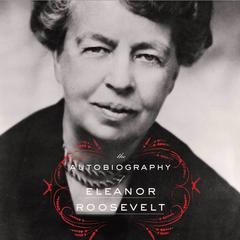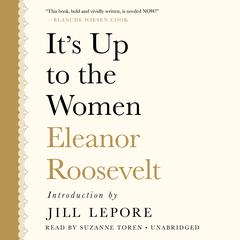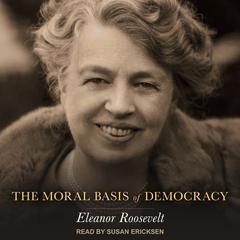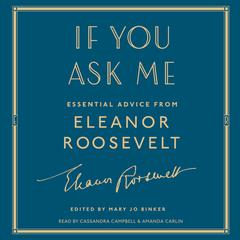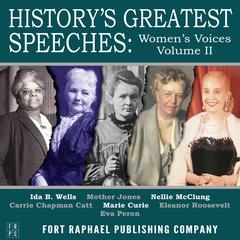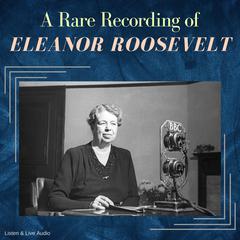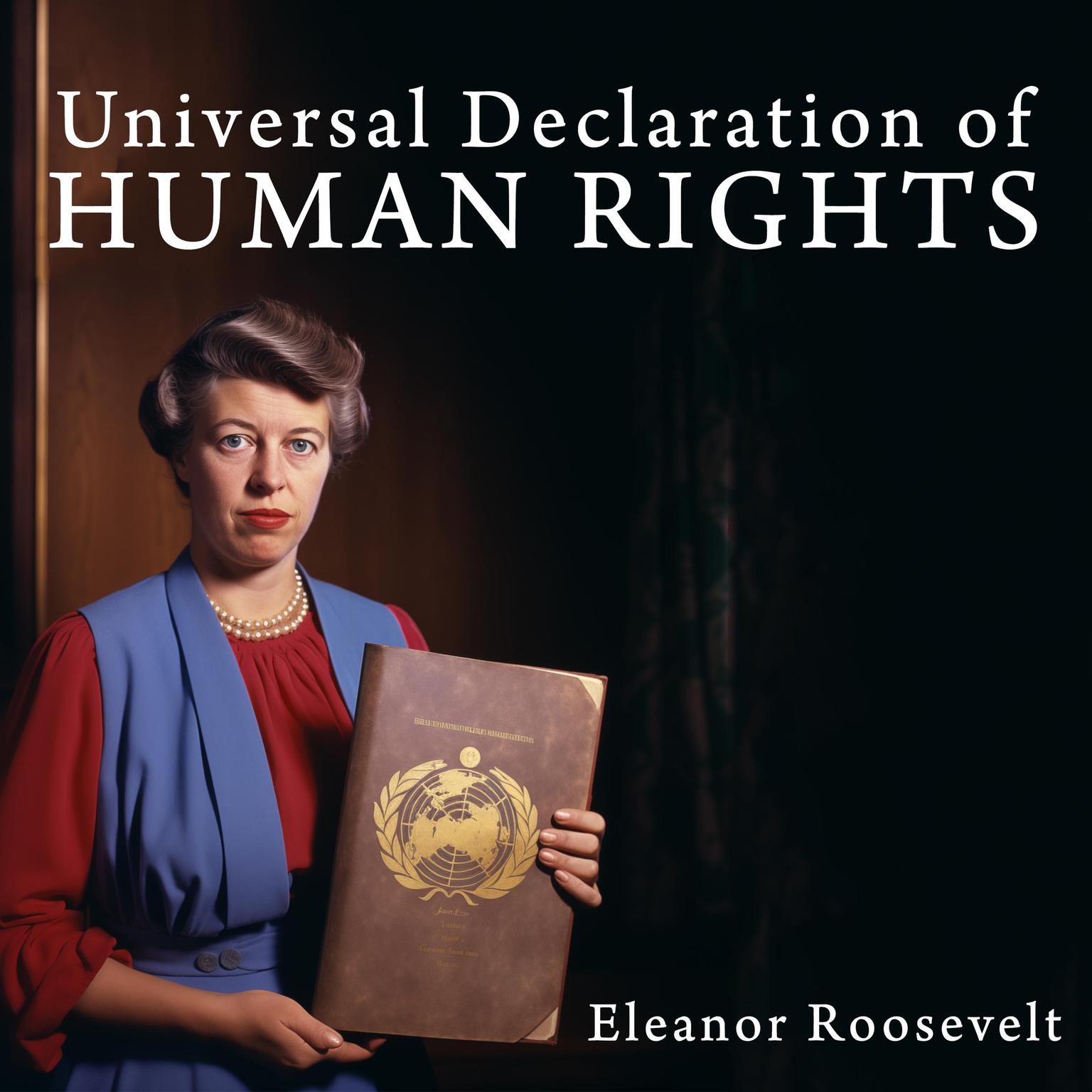 Play Audiobook Sample
Play Audiobook Sample
Universal Declaration of Human Rights Audiobook
 Play Audiobook Sample
Play Audiobook Sample
Quick Stats About this Audiobook
Total Audiobook Chapters:
Longest Chapter Length:
Shortest Chapter Length:
Average Chapter Length:
Audiobooks by this Author:
Publisher Description
The Universal Declaration of Human Rights (UDHR) is a landmark document in the history of human rights, and Eleanor Roosevelt played a significant role in its development. The UDHR was adopted by the United Nations General Assembly on December 10, 1948, in Paris. It was drafted by representatives from different legal and cultural backgrounds, including Eleanor Roosevelt, who chaired the United Nations Commission on Human Rights.
Eleanor Roosevelt, the widow of President Franklin D. Roosevelt, was a key figure in the drafting process. She played an instrumental role in promoting and advocating for the declaration. Her diplomatic skills and commitment to human rights made her an influential force in the commission.
The Universal Declaration of Human Rights consists of 30 articles that outline fundamental human rights and freedoms to be universally protected. It covers a wide range of rights, including civil, political, economic, social, and cultural rights. The UDHR has served as a foundational document for the development of subsequent international human rights treaties and declarations.
Eleanor Roosevelt's contributions to the drafting and promotion of the UDHR are widely acknowledged. Her efforts in championing human rights continued beyond the adoption of the declaration, and she remains a prominent figure in the history of human rights advocacy.
Download and start listening now!
Universal Declaration of Human Rights Listener Reviews
Be the first to write a review about this audiobook!
About Eleanor Roosevelt
Anna Eleanor Roosevelt (1884–1962) was the wife of Franklin Delano Roosevelt and the mother their six children. She was an American politician, diplomat, and activist. She was the longest-serving First Lady of the United States, holding the post from March 1933 to April 1945. She made Gallup's list of “People that Americans Most Widely Admired in the 20th Century,” and Time's “The 25 Most Powerful Women of the Past Century.” She also served as delegate to the United Nations General Assembly, representative to the Commission on Human Rights under Harry S. Truman, and chairwoman of the Presidential Commission on the Status of Women under John F. Kennedy.




